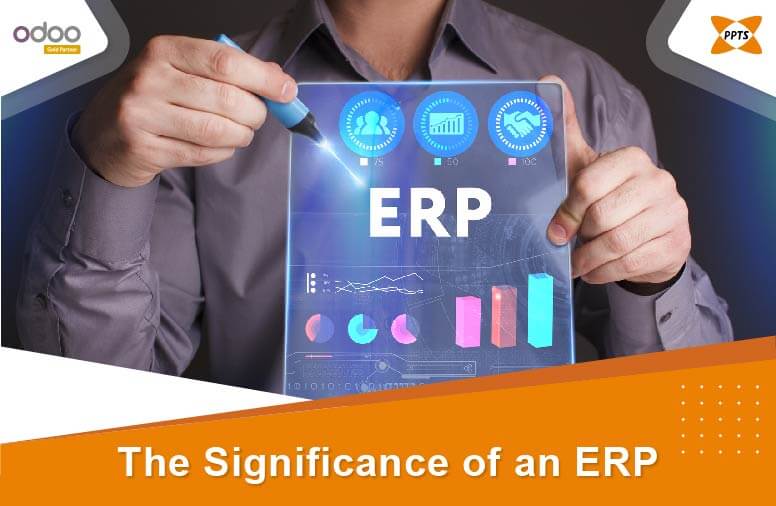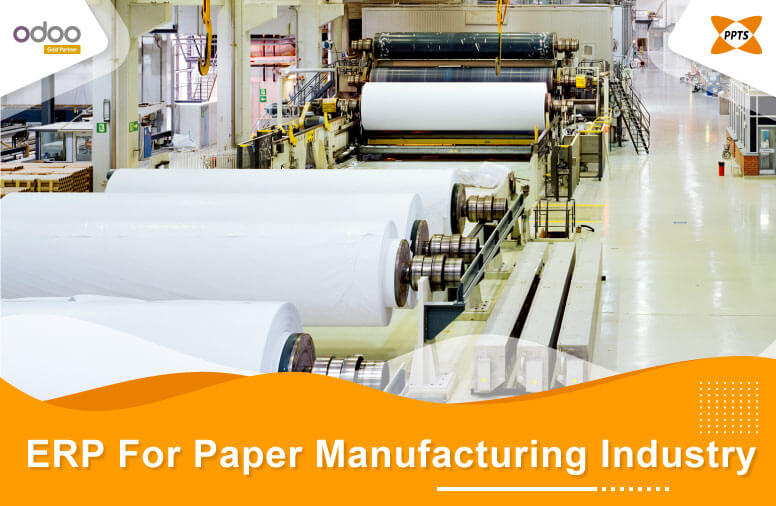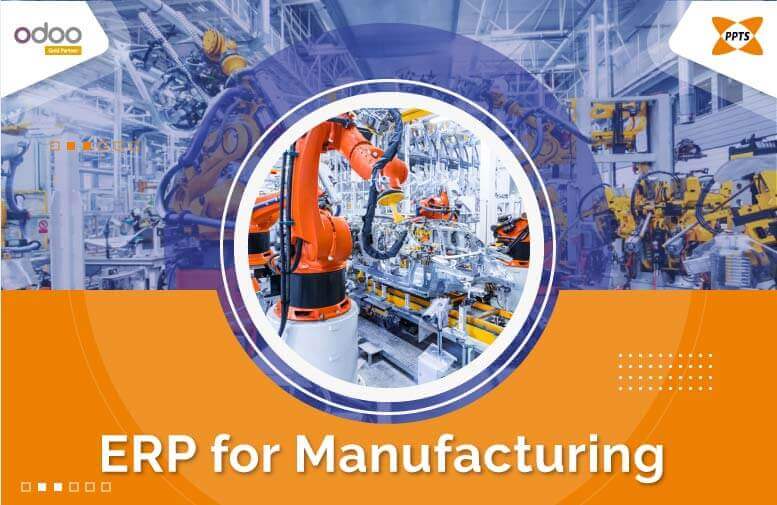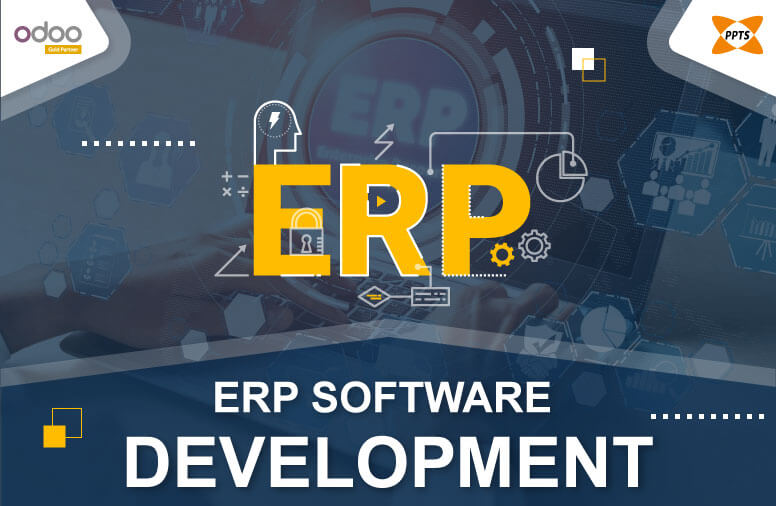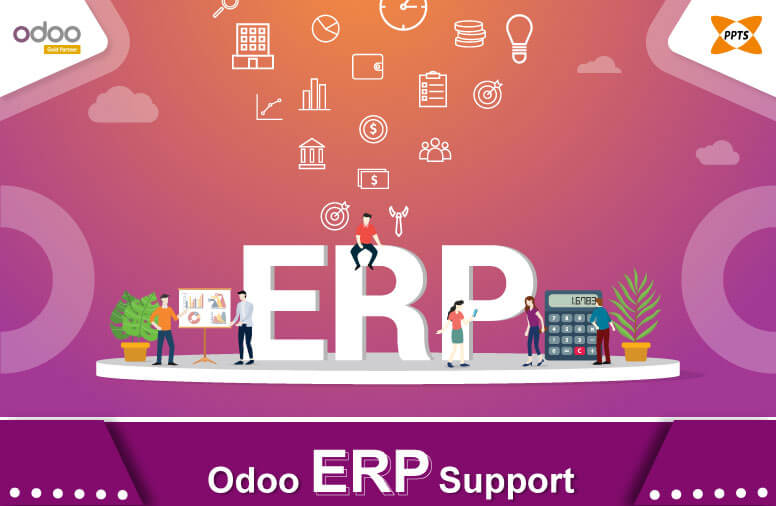In this day and age, no business without the use of software that can declutter the process for them and bring a systemized control over the various business functions. While most businesses use various tools to streamline their business processes and reduce the possible room for human error, implementing an enterprise resource planning or ERP system can double the profits and help in fully managing business functions within a centralized and fully integrated system.
The stats that are in the favour of the uses of ERP are soaring at a stellar rate,
The global ERP software market is expected to reach $78.4 billion by 2026(Source: Netsuite)
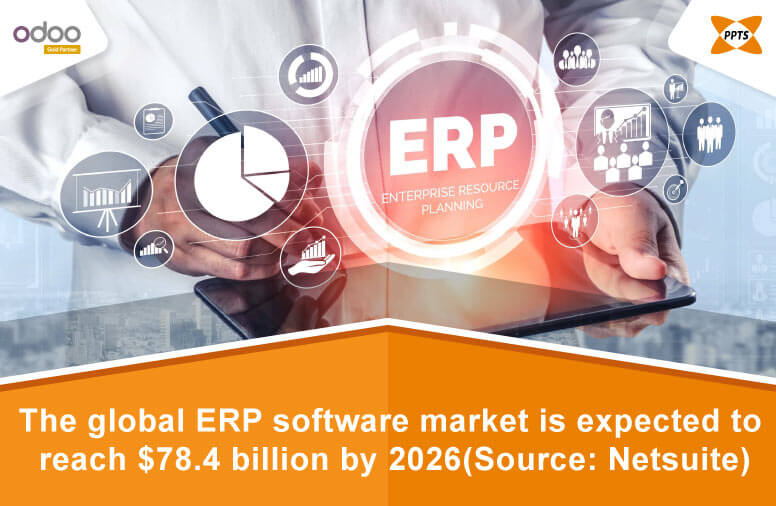
Businesses that are planning on investing in an ERP software service, may probably do so immediately after knowing these reasons as to why ERP is that important in 2020.
Analytics:
One of the promising benefits to ERP in 2020 is that it not only gives room for better analytics but also allows access to a pool of data that can be used for effective analytics and reporting. Enterprise resource planning software comes as complete packages with tools and features that make report compilations much easier.
Compliance:
Compliance with proper regulations as well as risk management are key reasons why ERP is important in 2020.
Value for money:
An ERP system is not a purchase but an actual investment. While the relatively flexible pricing has been especially for cloud ERP, the systems still cost a significantly lot more amount of money.
However, the price alone should not be over alarming. The benefits you get from an ERP far outweigh the overall cost. This means that your company employees need not adapt to multiple systems for the daily business functions, but can have full access to all the necessary tools within one ERP system.
Inventory:
An ERP is a centralized system and keeping track of the basic inventory and is a necessity in 2020. Having to upgrade the existing systems in order to do so is vital. A business can avoid shortages by structurally monitoring its warehouses to ensure that the stocks of various products are sufficient to meet orders as per the ERP database.
Collaboration:
Companies have a number of departments that play a vital role in business operations. While some collaboration between these teams is effortless and works towards the same company goals, they also function individually for the most part.
How an ERP helps synchronize this process is that it allows these teams that are working from a single source of data to increase efficiency as well as accuracy through a single-point solution that is well categorized and sorted. This way there is also less room for human error as customer data is safely stored in one enterprise resource planning system as compared to multiple software.
Productivity:
Documentation plays a major part in running a business but it is definitely a tedious task that not only takes up a lot of time but is also very much open to human error. Any delays and errors in this level, that is the documentation, can have huge consequences for the overall business, especially in terms of analysis and in-depth reporting.
Manufacturing:
While an ERP system can greatly help a business better manage its inventory, it can also improve manufacturing. The fixed asset management, for instance, can simplify the scheduling as well as maintenance, thus improving supply chain efficiency.
Customer satisfaction:
While ERP systems are of great benefit to the overall business, they have a significant impact on improving the services offered to the customer, thus increasing the total customer satisfaction. Customer-oriented marketing and sales will at length contribute to the growth of the entire business and a successful ERP implementation will be of great benefit to your company
All these factors stand as promising reasons why a business should make ERP a priority today especially post the pandemic. Businesses can greatly benefit from a successful ERP implementation using the Odoo as an ERP software service, which helps automate businesses effortlessly.
-
What is ERP?
ERP is the type of software that organizations use to manage their day to day activities. This includes activities such as accounting, project management, risk management and supply chain.
-
Why is ERP a must in 2020?
The benefits of cloud-based ERP are numerous and often provide the most help to small businesses. Cloud-based solutions make it so small businesses don’t have to maintain their own systems, drastically reducing the need for in-house IT teams.
-
How ERP helps your business?
ERP systems enable businesses to have greater insight and visibility into their supply chain operations. ERP systems can help businesses become more time efficient and improve productivity by eliminating duplication and manual entry.
-
How long does ERP implementation take?
Generally, implementing an ERP project takes anywhere from 6 months to 2 years. It can vary wildly however, depending on the size of the company, complexity of the system being installed, expected concurrent users, number of independent instances set up, and the transfer or integration of data from legacy systems.
-
What is the importance of ERP?
ERP provides complete visibility into core business processes and optimizes systems through superior resource tracking and reporting, database management and data sharing and overall improved information systems. ERP systems can allow your business to expand without the addition of IT or staffing costs.

